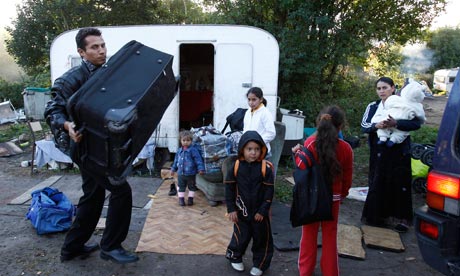More evidence for the racialization of American politics
Some recent results of the November election amplify the theme of racialization of American politics that has been a theme at TOO for some time (e.g., here). Ron Brownstein’s “White Flight” has some familiar themes. 60% of Whites voted Republican (actually higher because the 60% includes Jews and Middle Easterners classified as White but who identify with the non-White coalition centered in the Democratic Party). Meanwhile, 73% of non-White voters backed Democratic House candidates, showing that non-Whites are even more biased in the direction of Democrats than Whites are in the direction of Republicans. Attitudes toward Obama were slightly more skewed.
Reflecting White anxiety about a non-White future, “minorities were almost exactly twice as likely as whites to say that life would be better for the next generation than for their own; whites were considerably more likely to say that it would be more difficult.”
This shouldn’t surprise anyone. Becoming a minority could hardly be thought of as improving one’s life chances—indeed, it may be a whole lot worse even than current voters anticipate given that so many non-Whites hold historical grudges against the traditional people and culture of America. Read more








